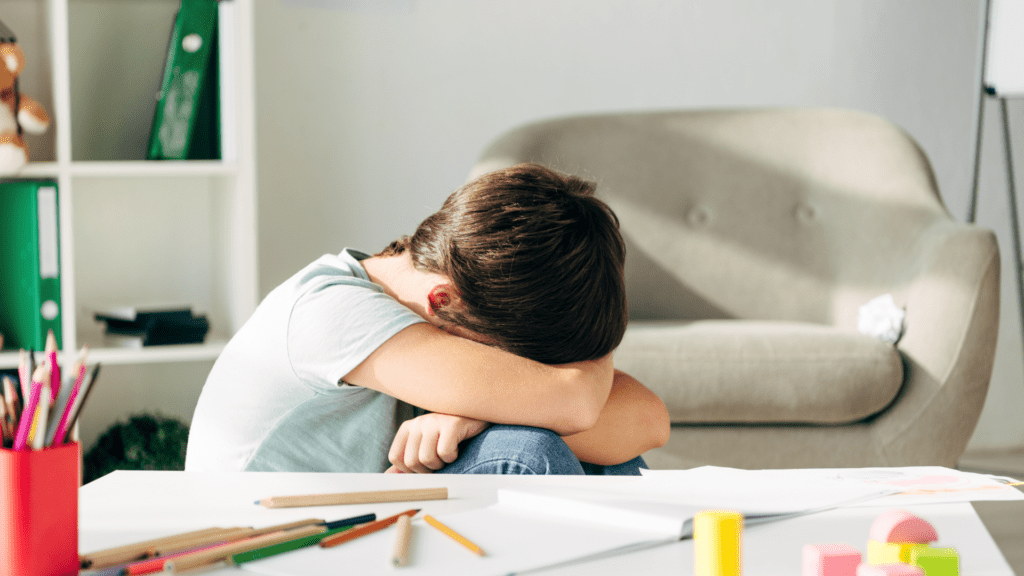By Emma Thomas
The beginning of the new year, it’s a time of big emotions, both for children and adults! Your child may be beginning at a new centre or moving rooms. There is excitement and nerves about new friends, different spaces and changes in routines. It can be a lot. As our little ones settle in you may find yourself faced with tears and separation struggles. It tugs on your heart strings and makes you question if you’ve made the right choice! You may want to keep them home just to stop the tears. You know your child the best and need to trust your instincts, but for most children struggles with separation are a common part of growth and development and will settle over time.
So how do we support our little ones during their separation struggles?
Don’t rush:
Try and plan your morning so you have enough time to spend 5-10mins settling your child in at drop off. Support them to complete their morning jobs and then choose 1 specific activity to do together, this might be reading a story or watching them climb something in the playground. You want to help build a bridge between home and care.
Farewell and leave:
If your child is happily playing, resist the temptation to sneak off! When they realise you are gone they will often become more distressed and this will make it harder for them to let you go next time. Clearly communicate when you are going to leave (even with infants) and then follow what you’ve said. For instance ‘we are going to read this story together, then I will give you a 10 second hug and go’. Once you’ve said goodbye, start walking and don’t stop!
Offer choice
Giving children choices helps them have ownership of the situation and feel more in control. Simple things like ‘would you like a hug or a high 5 over the fence today?
Metally prepare:
Help your child mentally prepare for the day by talking about which friends they will see, what games they might play and the educators who will be there.
Team Up:
Your child’s educators are your best support during separation struggles. Share information! Let them know what your child likes to do at home and find out what they enjoy at the centre. Work to create ‘bridges’ between home and care by bringing in a family photo or a book related to what they are learning. Find out from the educator what they will be doing the next day so you can talk about it at home.
Share the timeline:
Our little ones are still developing their sense of time, so communicate about what will happen during the day. ‘Mummy/Daddy will go to work, then we will come back and pick you up at afternoon tea time’. At the beginning it can be helpful for your child to have something to focus on. Even simple things like ‘when I pick you up we will go to the park’ or ‘when I pick you up we will go to the shops and you can help me choose dinner’.
If you are going to be late some children find it helpful to know this, either prepare them in the morning or call during the day.
Acknowledge and plan:
We all feel better when our feelings are acknowledged! Help your child make a plan for when they are feeling upset, this could be things like; looking at a family photo, holding a cuddle toy or being with a special friend or educator. Try and help them to develop the language to express their feelings. My daughter has struggled with separations and says ‘I will be sad and then I will be ok.’
.
.
Most children go through periods where they struggle with separation but will then settle in. They have big feelings and often express them loudly! Some children struggle with separation when starting in a new centre or a new room, others have difficulties when there are big changes going on in their home life.
We just need to do our best to support them through these challenging times and remember that they are developing independence, confidence and skills for life!




